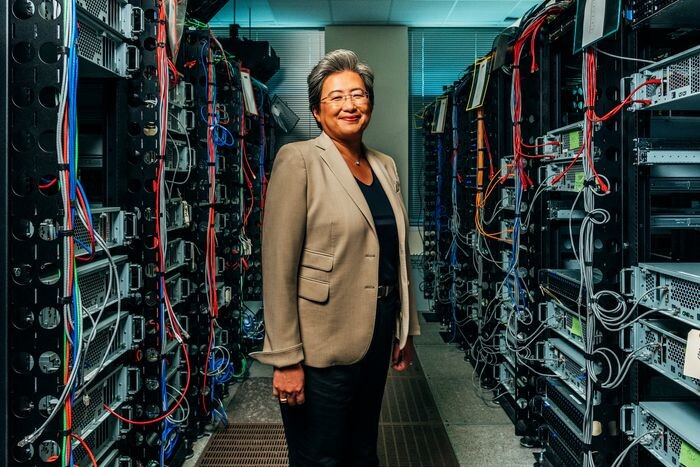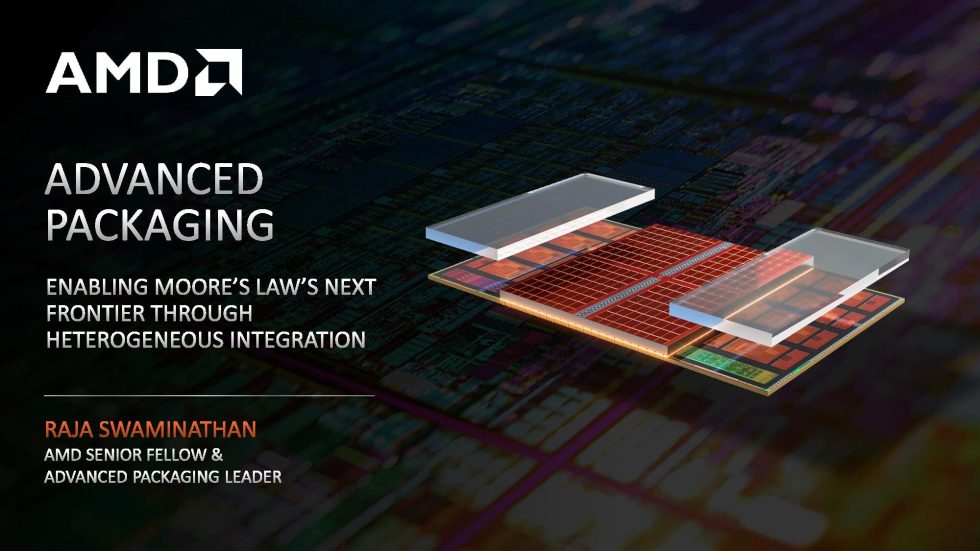This week Barron’s Magazine published an article on the technology industry and on May 3 published an interview with Dr. Lisa Su, the CEO of AMD. In the interview, Su was asked her opinion on Moore’s Law and it became clear that she continues to believe in Gordon Moore’s 50+ year old prediction. Moore, co-founder of Intel, passed away in late March. Su explained that her company’s engineers must innovate to carry on that legacy.

“I would certainly say that I don’t think Moore’s Law is dead. I think Moore’s Law has slowed down. We have to do other things to continue to get that performance and that energy efficiency. We developed chiplets – that was a big step. Now we’ve done 3-D packaging. We believe there are a number of other innovations to come. To achieve technological goals, expertise in other areas is also important: “Software and algorithms are also very important. I think we need all these components to continue the performance evolution we are all on.”

When asked about the challenges associated with advancing CPU designs within existing limits, Su responded as follows, “Yes, the cost per transistor and the benefits that come from increased density and overall power savings are decreasing with each generation. However, we are continuously making progress from generation to generation. We are currently working intensively in the 3 nanometer range and are also thinking beyond 2 nanometers. To get around the hurdles of Moore’s Law, we continue to rely on chiplets and similar designs.”
Both AMD and Intel still hold to Moore’s Law, while other newer entrants, such as NVIDIA, take a different view. Dr. Lisa Su’s current statements are consistent with the earlier statements of her colleague, AMD’s CTO Mark Papermaster. Papermaster assumed that the theory will hold for six to eight more years, although this could be a costly undertaking for AMD. The company believes that transistor density cannot be doubled every 18 to 24 months without incurring additional costs.
Source: Barron’s Magazine (Tae Kim, paywall)
































3 Antworten
Kommentar
Lade neue Kommentare
Veteran
Veteran
Alle Kommentare lesen unter igor´sLAB Community →